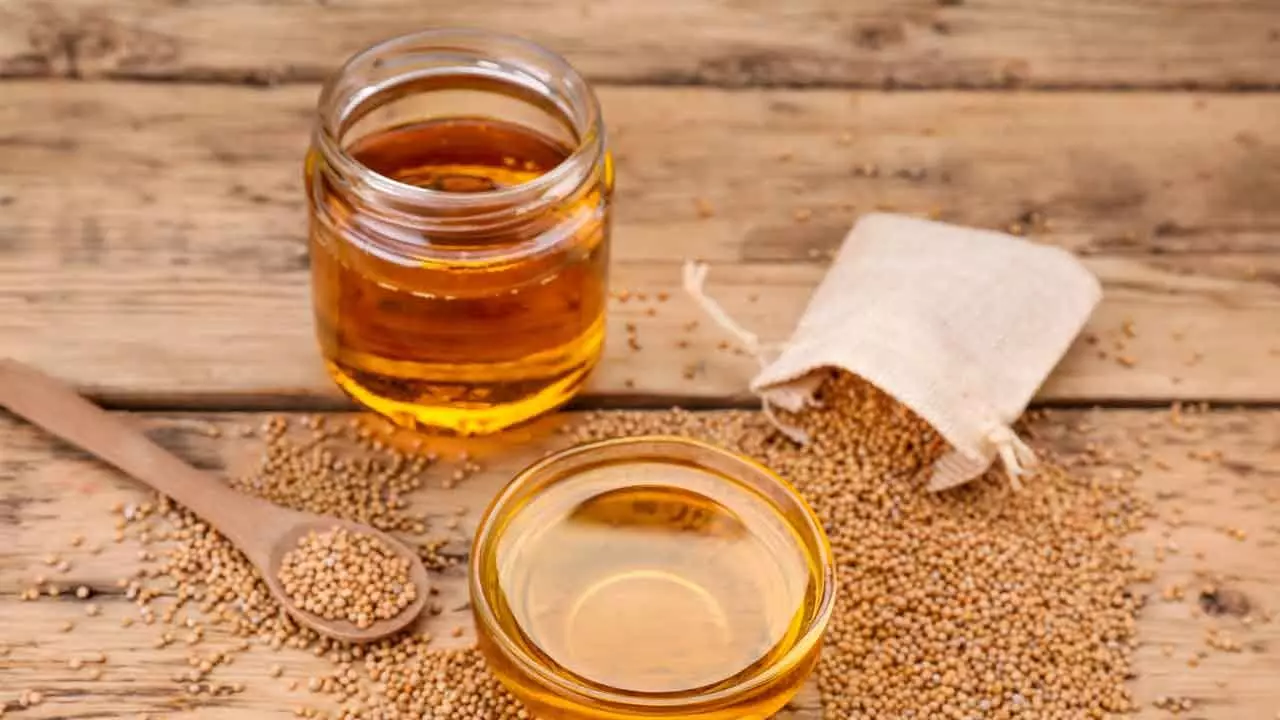Exclusive Development Board Will Be A Useful Vehicle To Boost Mustard Oil Market
Exclusive Development Board Will Be A Useful Vehicle To Boost Mustard Oil Market

Mustard oil, a significant component of India's MSME sector, holds substantial potential for expansion to meet the growing domestic and international demand. Given this scenario, the country’s mustard oil manufacturers are seeking the Centre’s support by way of production-linked incentives (PLI). With the Union Budget 2025 round the corner, they are demanding an exclusive development board to resolve the export barriers that exist and are proving detrimental to their growth. A 'Mustard Oil Development Board' that is on the lines of the proven Malaysian Palm Oil Promotion Council (MPOPC) can promote Indian mustard oil globally, especially as a healthy and sustainable choice.
The focus of the board should be on boosting mustard seed cultivation and encouraging research in value-added products. One must remember that mustard oil is part of the food processing industry and government support through production-linked incentives is crucial for enhancing domestic manufacturing capabilities and improving exports. In order to achieve ‘Aatmnirbharta’ in edible oil production, the current priority of the Union Government, it appears like the Centre will follow the recommendations of Niti Aayog.
Based on the suggestions in Niti Aayog’s document on ‘Pathways and strategies for accelerating growth in edible oils towards the goal of Atmanirbharta’, there is a possibility that mustard oil/oilseeds could be the frontrunner in addressing this humongous challenge. However, export opportunities face significant hurdles as the United States and several European nations have restricted the use of mustard oil for human consumption. For instance, the US Food and Drug Administration (FDA) classified it as 'for external use only', thereby barring them from cosmetic applications. Such restrictions hamper Indian mustard oil exports despite growing South Asian diaspora in these markets.
The government should initiate a dialogue to resolve this hurdle and implement export-friendly policies. Indian mustard oil manufacturers have also called for economic incentives similar to carbon credits being given to sustainable, environment friendly/energy-efficient businesses.
Moreover, the traditional 'cold press method' used in mustard oil production avoids heat and chemical solvents, resulting in zero direct carbon emissions during extraction while preserving nutritional quality. Mustard oil players in the country are also toying with the idea of declaring an International Year of Mustard Oil, to initiate measures against adulteration, and focus on mustard seed cultivation. It is pertinent to mention that mustard has 40 per cent oil content, which is significantly higher than other oilseeds.
More importantly, prices of most oilseeds have dropped, following a decline in foreign markets. Mustard, groundnut and soybean oilseeds and oils, crude palm oil (CPO), and palmolein oil have all seen decrease in prices. However, cottonseed oil prices have remained unchanged. Market sources mentioned that there has been a decline in both the Chicago and Malaysia exchanges, with a drop also observed in the Chicago Exchange. It was noted that while wholesale prices of most oils have decreased, their retail prices remain high. Additionally, the fall in the wholesale prices of mustard oilseeds was attributed to a decline in foreign markets and the anticipated arrival of new crop.

